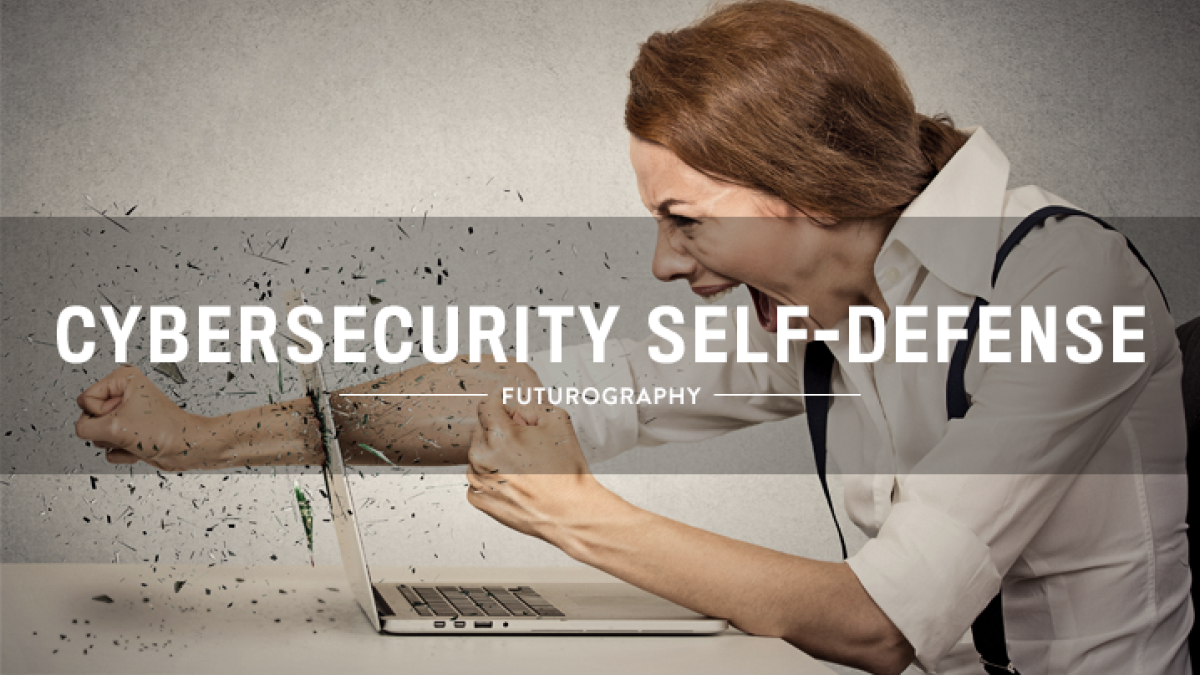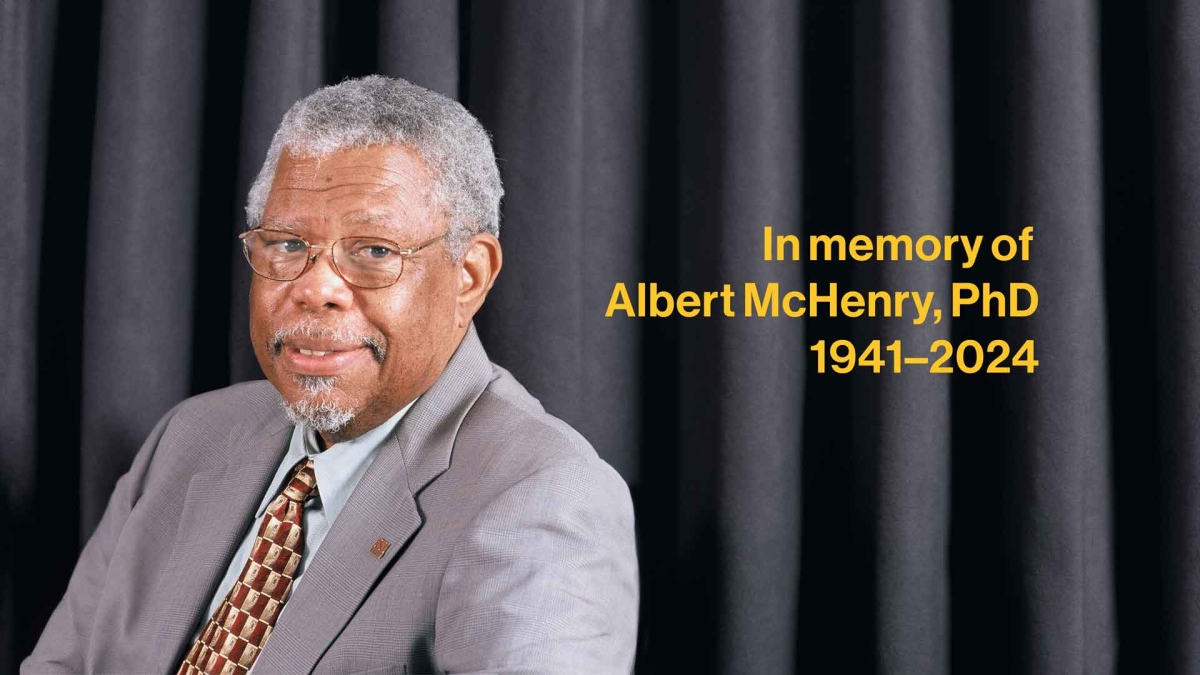Future Tense addresses cybersecurity in February stories, videos, interactives

In an effort to help educate everyday people on the basics of cybersecurity, Future TenseFuture Tense is a partnership between Arizona State University, Slate and New America that publishes on emerging technologies, public policy and society. is running a February Futurography package of articles, cheat sheets, videos and interactive quizzes called Cybersecurity Self-Defense.
“I'm really excited to publish this series,” Future Tense editor Torie Bosch said. “People sometimes get intimidated about personal digital security, but as our experts show, you don't have to be a computer genius to protect yourself and your information.”
The monthlong Futurography packages serve as deeper dives into weighty topics at the intersection of technology, policy and society — to give people the tools to make good decisions, cut through the hype and be more informed citizens around technology issues.
Jamie Winterton
The Cybersecurity Self-Defense package includes an event this afternoon, from 4-6 p.m., on how to secure your devices, featuring Jamie Winterton, director of strategic research initiatives for ASU’s Global Security Initiative, who has provided ASU Now with valuable insights on iPhone access; the state of U.S. cybersecurity; the DNC hack; voter database hacking; and Russian hacking of the presidential election.
The device-security event takes place in Washington, D.C., but will be livestreamed on the New American website. Click here to RSVP.
To learn more about all the ways ASU is addressing cybersecurity, click the links below:
More Science and technology

ASU engineering schools pioneer leaves behind a legacy of caring
Albert McHenry, who died last month at the age of 83, retired from Arizona State University’s Ira A. Fulton Schools of Engineering as an emeritus professor in 2008 after 45 years in higher education.…

ASU-developed SolarSPELL libraries deployed to help communities in Arizona
SolarSPELL, which started as a student engineering assignment at Arizona State University and grew into a global humanitarian project, is now providing its solar-powered library devices to help…

Seeking the biometric bill of rights
Katina Michael warns that your DNA data may not be as safe as you think. In some cases, consumer genetic testing companies, such as those that specialize in decoding ancestry, are not bound…
